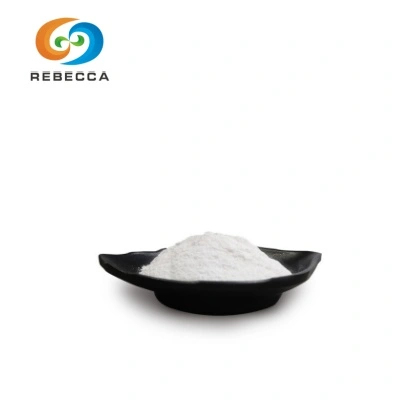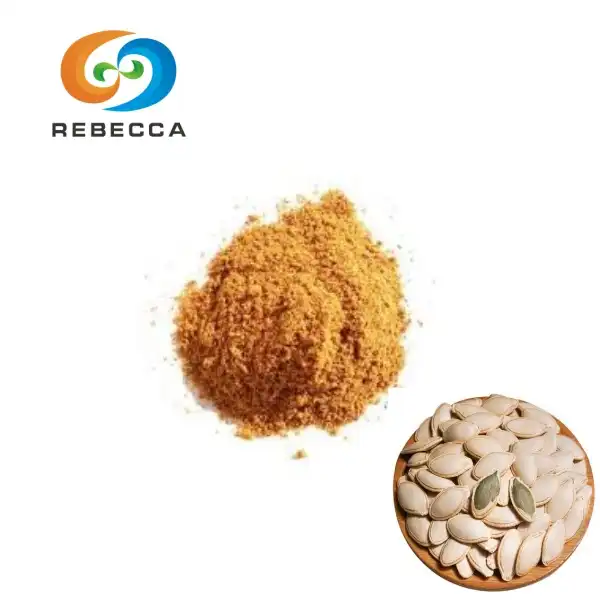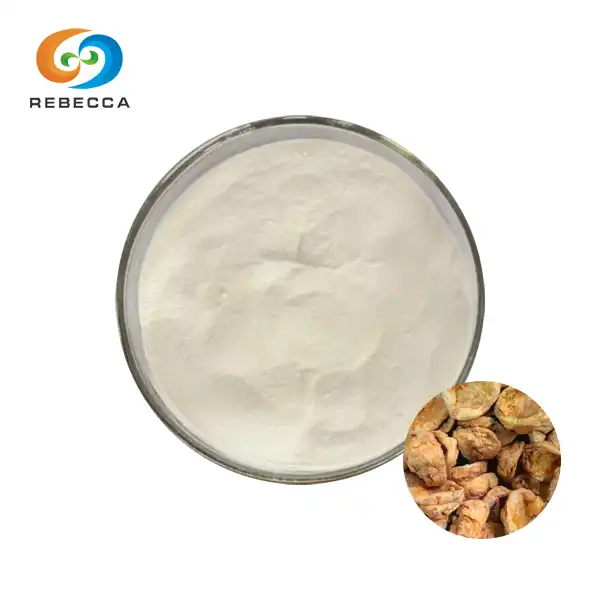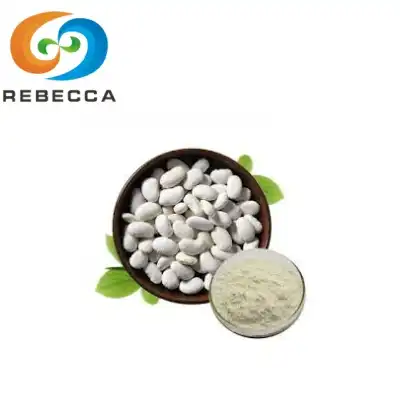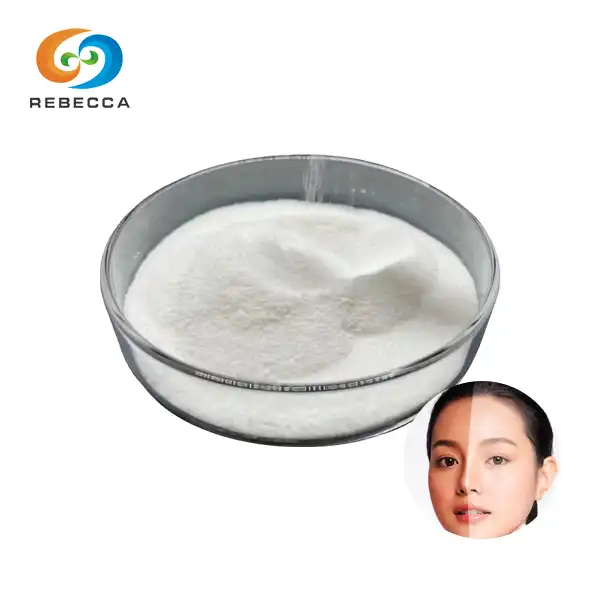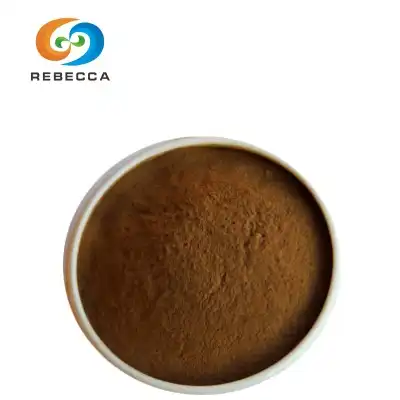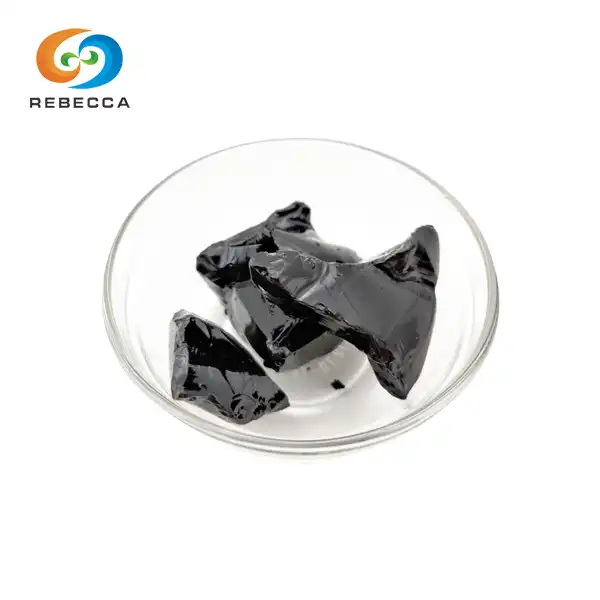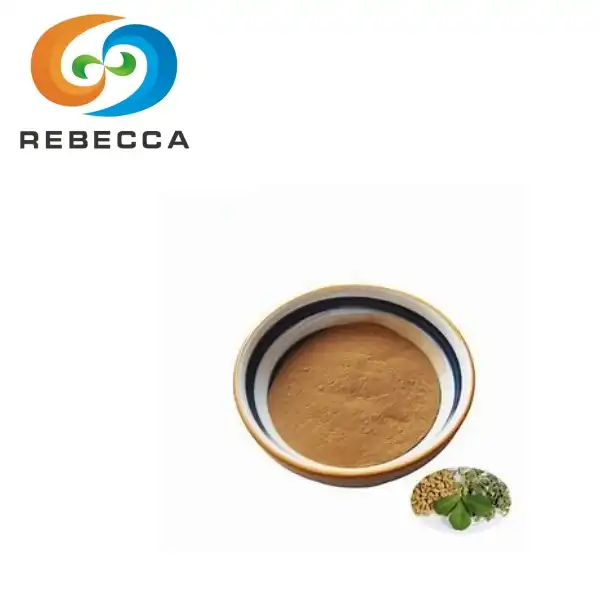Is it ok to drink turmeric everyday?
Turmeric, a vibrant yellow spice derived from the Curcuma longa plant, has been used for centuries in traditional medicine and cooking. Recently, it has gained popularity as a daily health supplement, often consumed in the form of turmeric tea or golden milk. But is it safe and beneficial to drink turmeric every day? Let's explore the potential benefits, recommended dosages, and possible risks associated with daily turmeric consumption.
Daily Turmeric Benefits: What Happens to Your Body?
Incorporating turmeric into your daily routine may offer several health benefits, thanks to its active compound, curcumin. Here's what might happen when you consume turmeric regularly:
Reduced Inflammation
Curcumin, the primary active ingredient in turmeric, boasts potent anti-inflammatory properties. Chronic inflammation is linked to various health issues, including heart disease, cancer, and neurodegenerative conditions. By consuming it daily, you may help combat low-grade inflammation in your body, potentially reducing your risk of these chronic diseases.
Enhanced Antioxidant Activity
Turmeric is rich in antioxidants, which help protect your cells from damage caused by free radicals. These unstable molecules can contribute to aging and various diseases. Regular consumption of it may boost your body's antioxidant defenses, promoting overall health and longevity.
Improved Brain Function
Some studies suggest that curcumin may enhance brain-derived neurotrophic factor (BDNF) levels, a growth hormone that functions in the brain. Higher BDNF levels are associated with improved memory and a lower risk of brain disorders. Daily turmeric intake might support cognitive function and potentially reduce the risk of age-related cognitive decline.
Joint Health Support
The anti-inflammatory properties of turmeric may prove beneficial for individuals with joint issues, such as arthritis. Regular consumption might help alleviate joint pain and improve mobility, enhancing overall quality of life for those suffering from joint-related conditions.
Digestive Health
Turmeric has been traditionally used to aid digestion. It may help stimulate bile production in the liver, which is essential for fat digestion. Additionally, its anti-inflammatory properties could potentially alleviate symptoms of digestive disorders like irritable bowel syndrome (IBS).

How Much Turmeric Should You Drink Each Day?
While turmeric offers numerous potential health benefits, it's crucial to consume it in appropriate amounts. Here are some guidelines to consider:
Recommended Dosage
The World Health Organization (WHO) has determined that 1.4 mg per pound of body weight is an acceptable daily intake of turmeric. For a person weighing 150 pounds, this would equate to about 95 mg of curcumin per day. However, many studies use higher doses, typically ranging from 500 to 2,000 mg of turmeric extract daily.
Turmeric Tea or Golden Milk
If you prefer to consume turmeric as a beverage, a common recommendation is to drink one cup of turmeric tea or golden milk per day. This can be prepared by mixing 1/2 to 1 teaspoon of ground turmeric with hot water or milk, often with added black pepper to enhance absorption.
Culinary Use
When used as a spice in cooking, turmeric is generally safe in amounts typically consumed in food. The average Indian diet, for example, provides around 2,000-2,500 mg of product per day, which translates to approximately 60-100 mg of curcumin.
Absorption Enhancers
To maximize the benefits of turmeric, consider consuming it with black pepper. Piperine, a compound in black pepper, can increase curcumin absorption by up to 2000%. Additionally, consuming it with a source of fat can also improve its absorption, as curcumin is fat-soluble.
Are There Any Risks to Drinking Turmeric Daily?
While turmeric is generally considered safe for most people when consumed in moderate amounts, there are potential risks and considerations to keep in mind:
Digestive Issues
Some individuals may experience digestive discomfort, including nausea, diarrhea, or stomach upset, especially when consuming high doses of turmeric. If you notice any of these symptoms, consider reducing your intake or discontinuing use.
Interactions with Medications
Turmeric may interact with certain medications, including blood thinners, diabetes medications, and drugs that reduce stomach acid. If you're taking any medications, consult with your healthcare provider before adding it to your daily routine.
Pregnancy and Breastfeeding
While using turmeric as a spice in food is generally considered safe during pregnancy and breastfeeding, high doses in supplement form should be avoided due to insufficient research on their safety in these situations.
Gallbladder Issues
Turmeric may cause the gallbladder to contract, potentially exacerbating symptoms in individuals with gallbladder disease. If you have a history of gallbladder problems, consult your doctor before consuming it regularly.
Iron Absorption
Some studies suggest that turmeric may interfere with iron absorption. If you have iron-deficiency anemia or are at risk for it, you may want to avoid consuming large amounts of it, especially with iron-rich meals.
Kidney Stones
Turmeric is high in oxalates, which can contribute to kidney stone formation in susceptible individuals. If you have a history of kidney stones, you may need to limit your turmeric intake.

Conclusion
In conclusion, drinking turmeric every day can offer numerous potential health benefits when consumed in moderation. However, it's essential to be aware of the possible risks and to consult with a healthcare professional, especially if you have pre-existing health conditions or are taking medications. If you're interested in incorporating high-quality product or curcumin extracts into your daily routine, consider exploring products from reputable manufacturers. For more information on natural herbal extracts, including turmeric, please contact us at information@sxrebecca.com.
References
1. Hewlings, S. J., & Kalman, D. S. (2017). Curcumin: A Review of Its Effects on Human Health. Foods, 6(10), 92.
2. Daily, J. W., Yang, M., & Park, S. (2016). Efficacy of Turmeric Extracts and Curcumin for Alleviating the Symptoms of Joint Arthritis: A Systematic Review and Meta-Analysis of Randomized Clinical Trials. Journal of Medicinal Food, 19(8), 717-729.
3. Kunnumakkara, A. B., Bordoloi, D., Padmavathi, G., Monisha, J., Roy, N. K., Prasad, S., & Aggarwal, B. B. (2017). Curcumin, the golden nutraceutical: multitargeting for multiple chronic diseases. British Journal of Pharmacology, 174(11), 1325-1348.
4. Prasad, S., & Aggarwal, B. B. (2011). Turmeric, the Golden Spice: From Traditional Medicine to Modern Medicine. In Herbal Medicine: Biomolecular and Clinical Aspects. 2nd edition. CRC Press/Taylor & Francis.
5. Gupta, S. C., Patchva, S., & Aggarwal, B. B. (2013). Therapeutic Roles of Curcumin: Lessons Learned from Clinical Trials. The AAPS Journal, 15(1), 195-218.
_1730691017423.webp)










